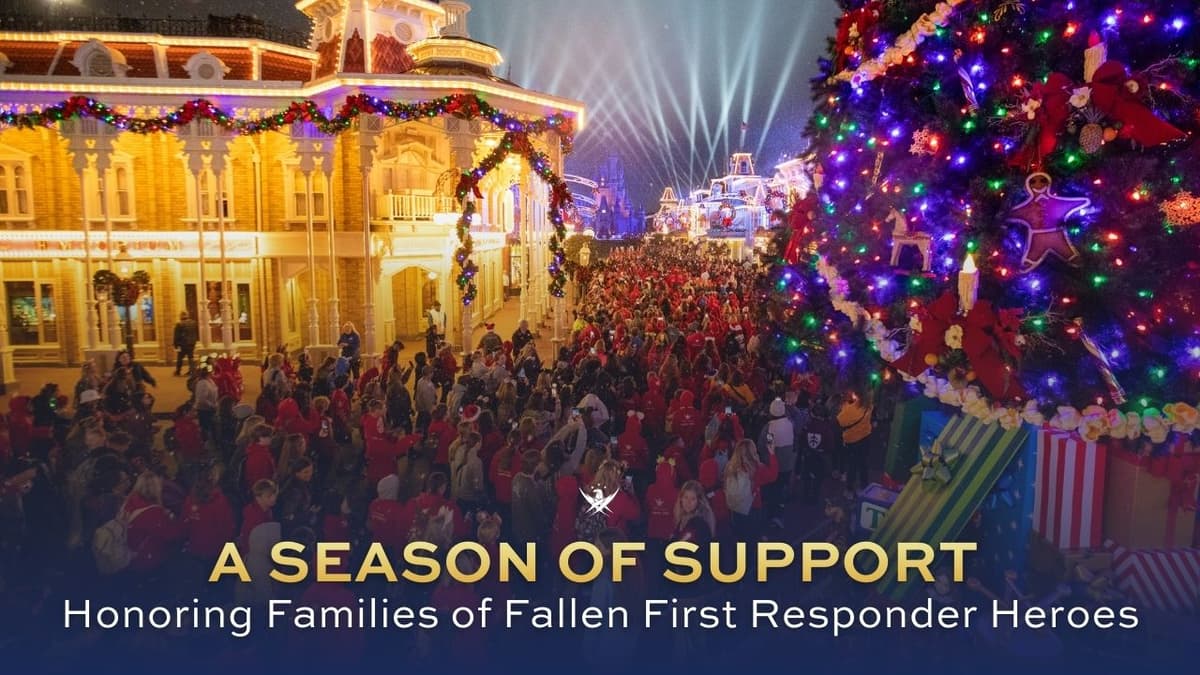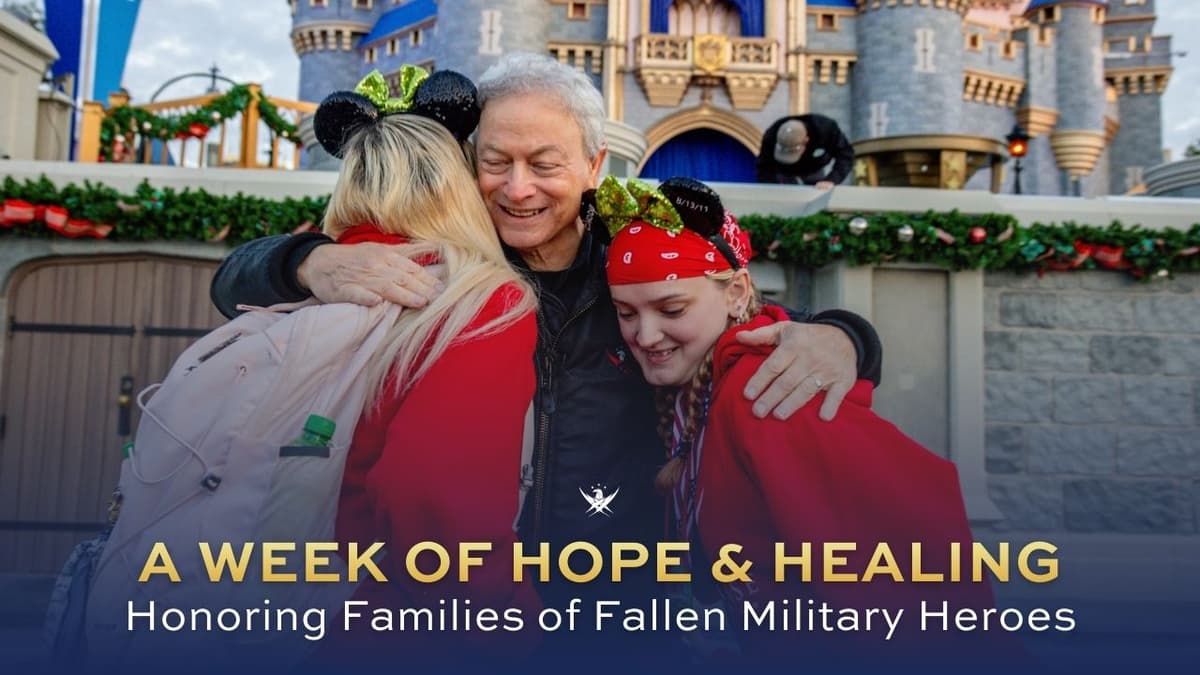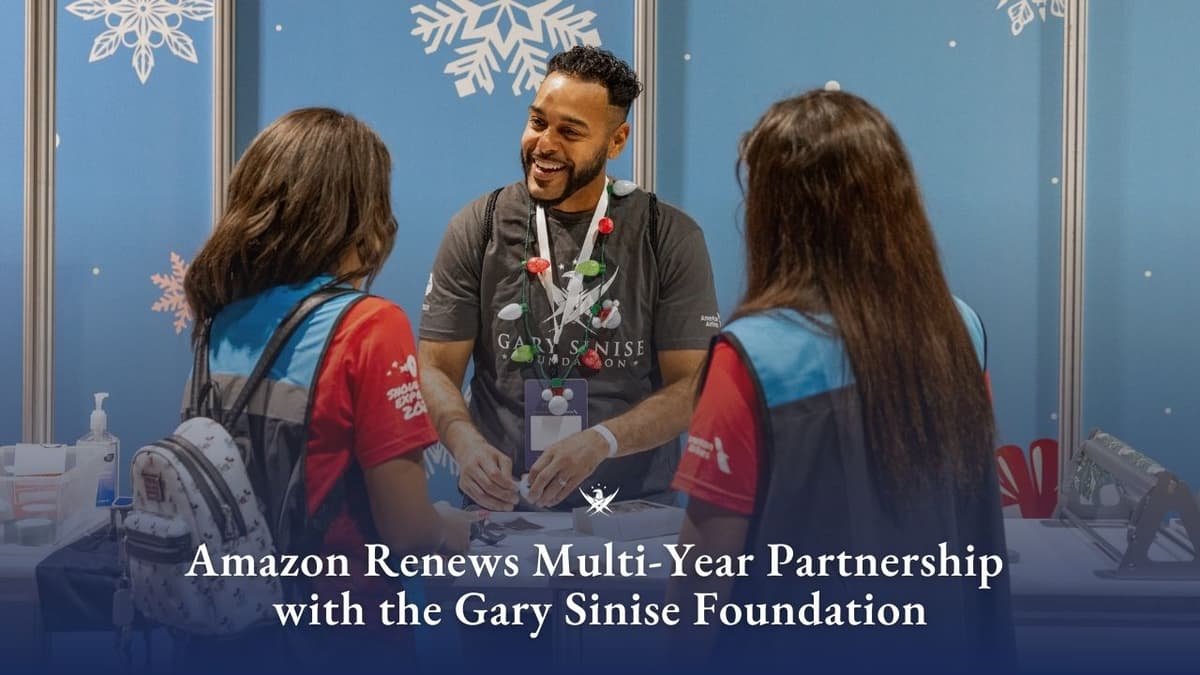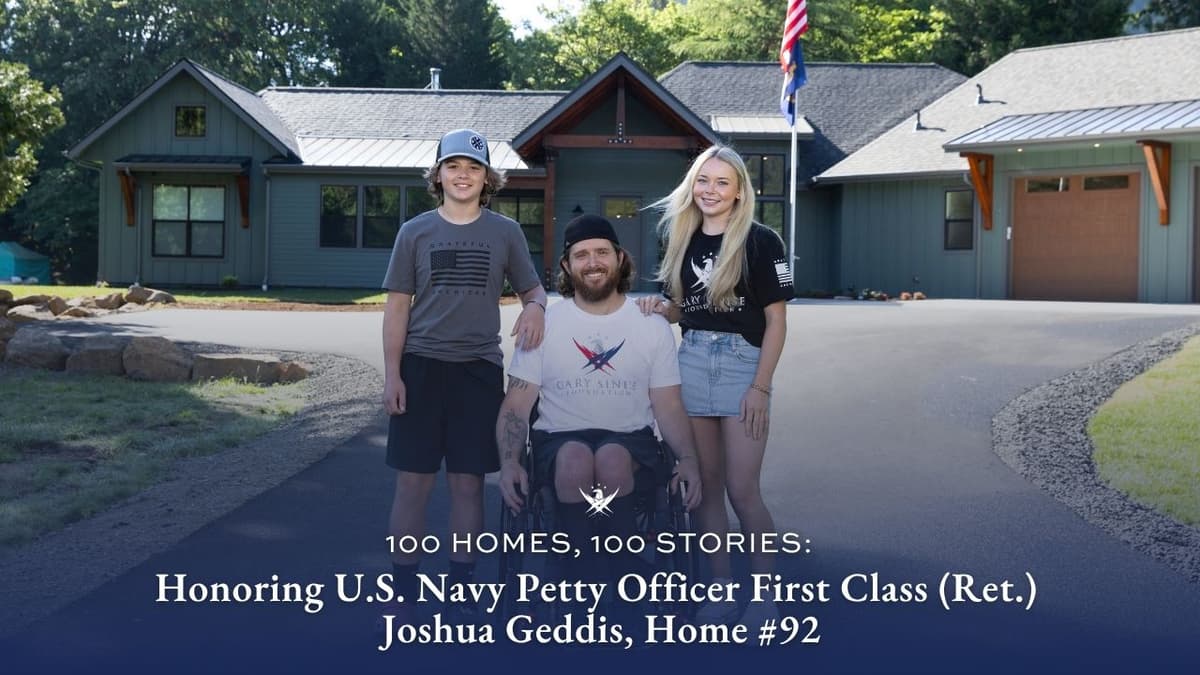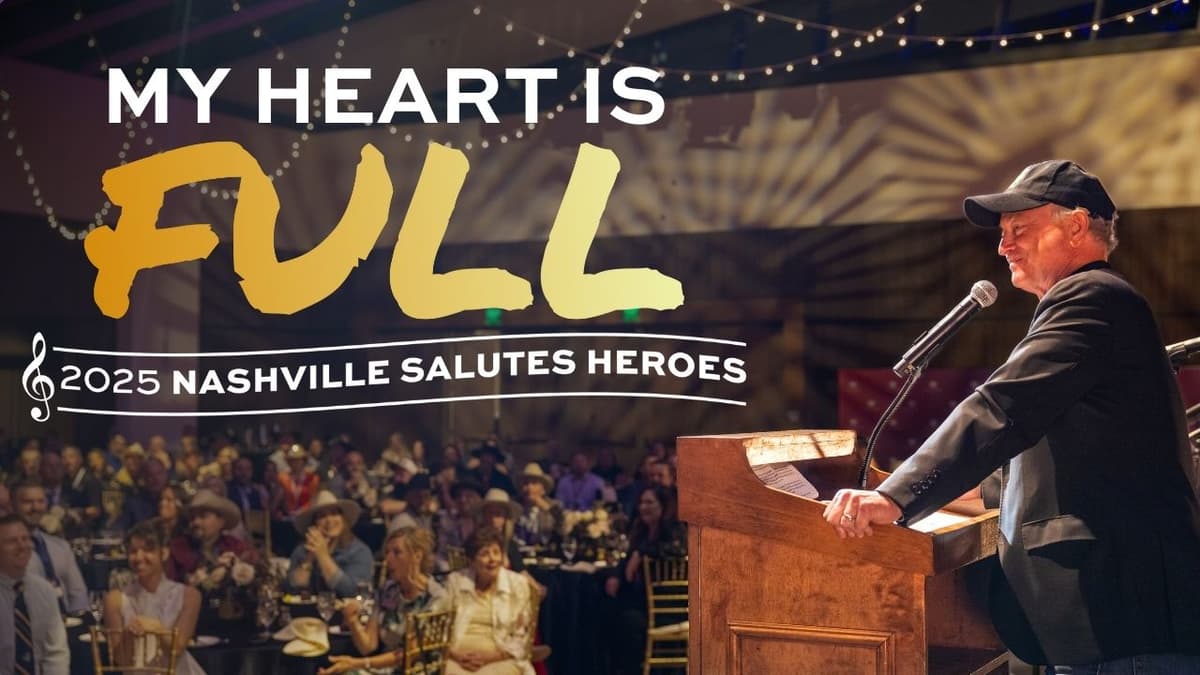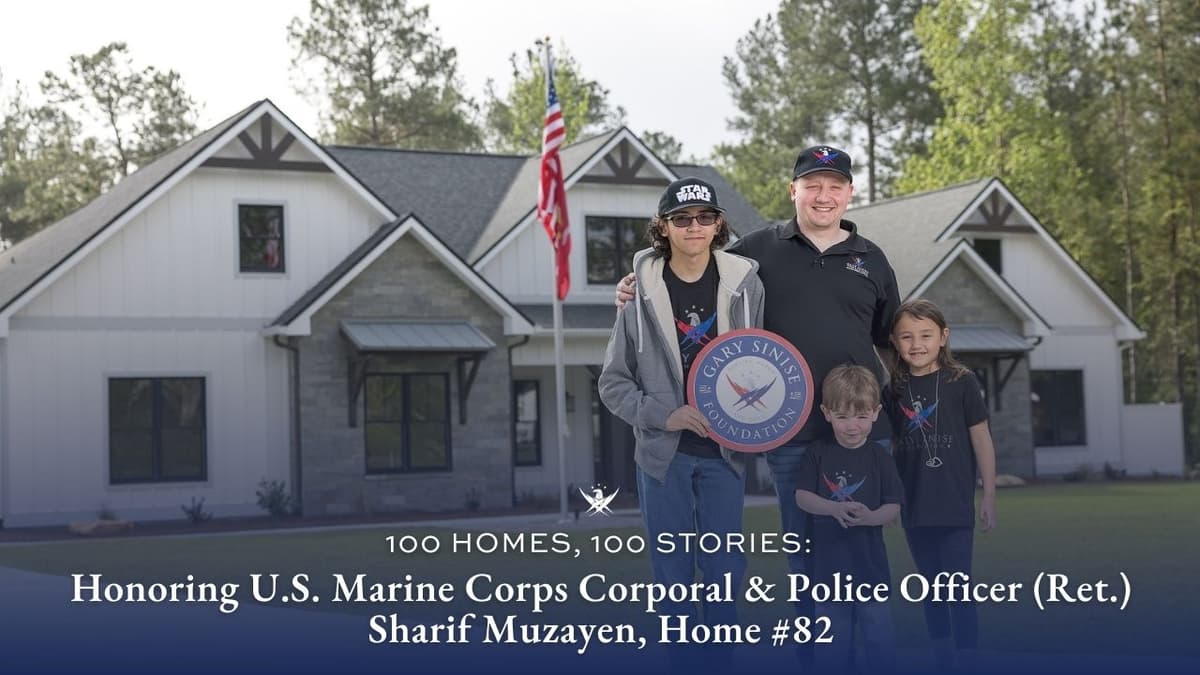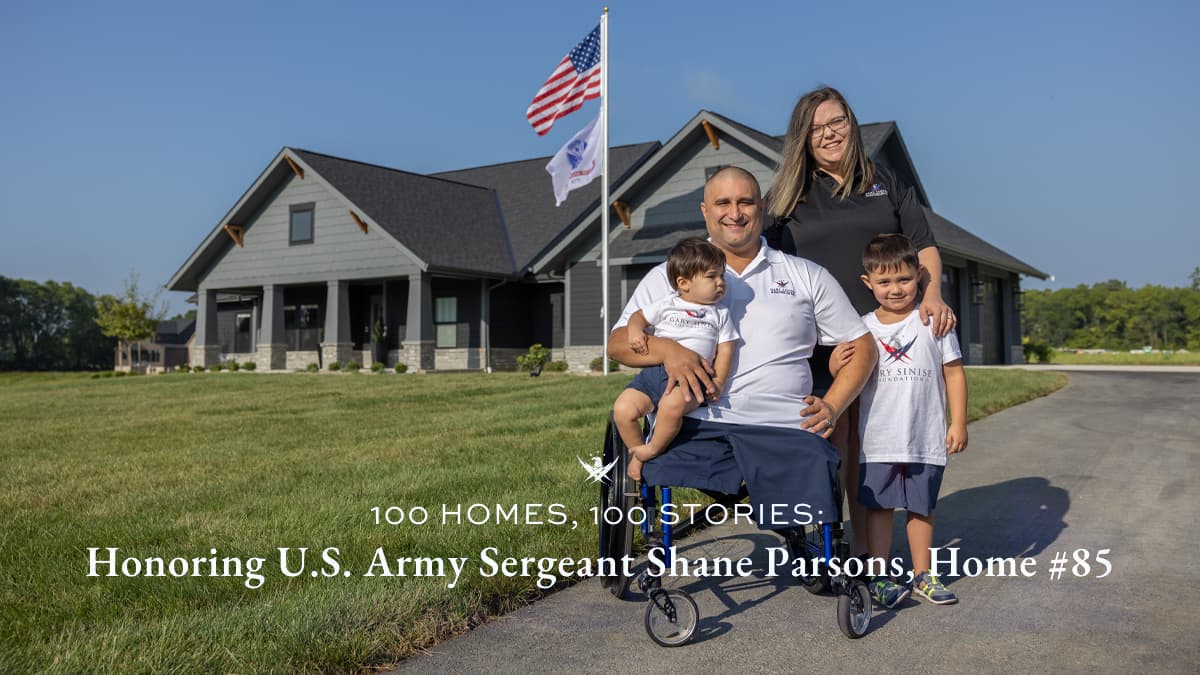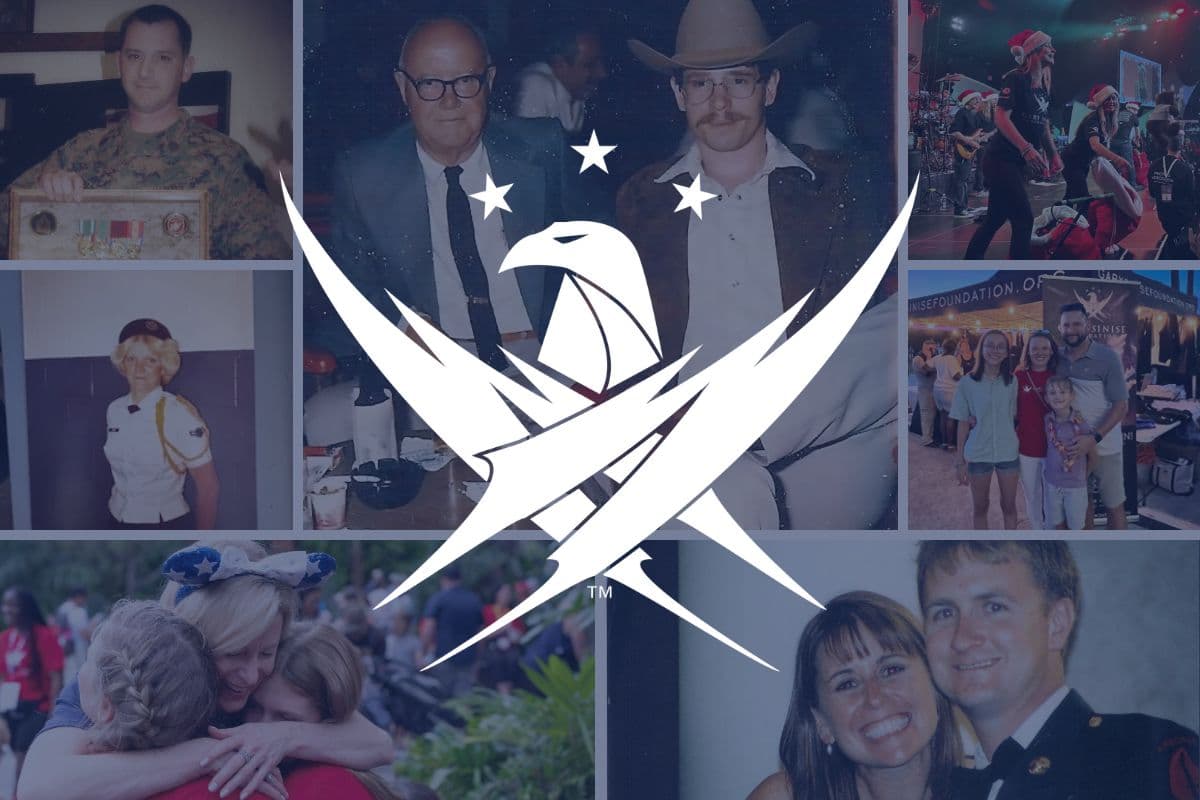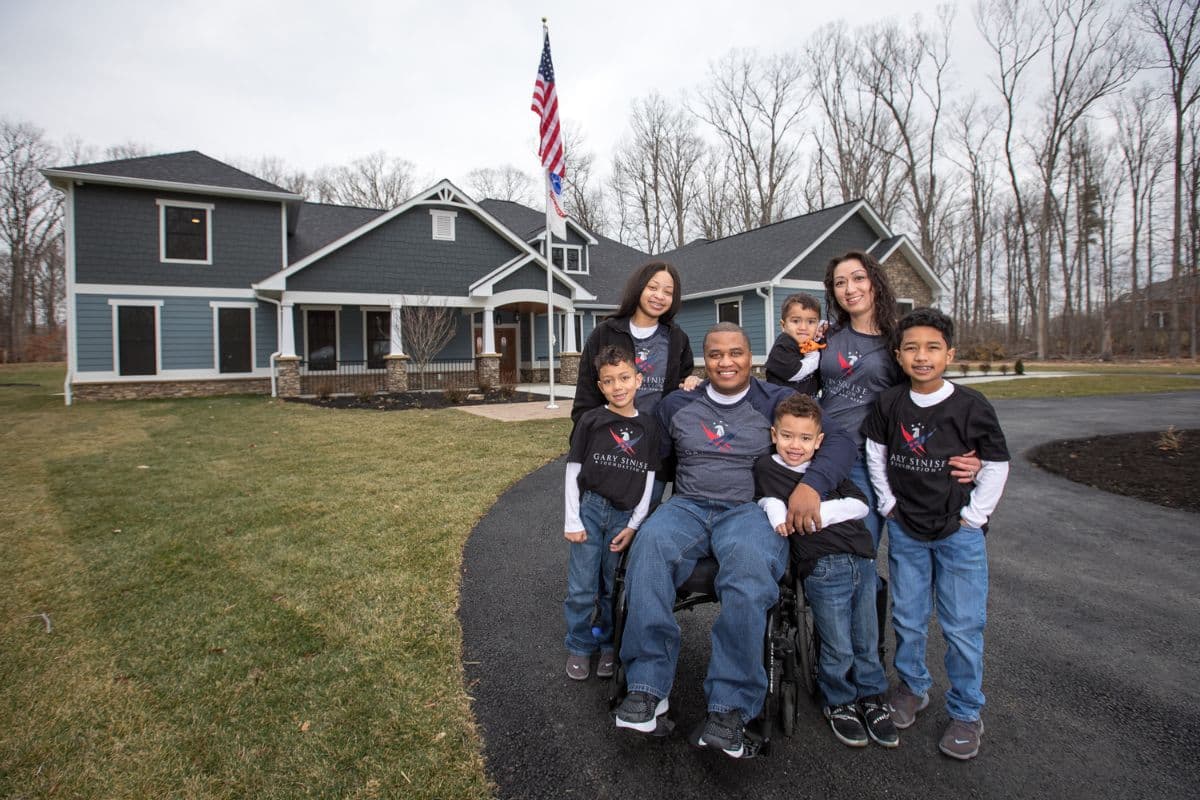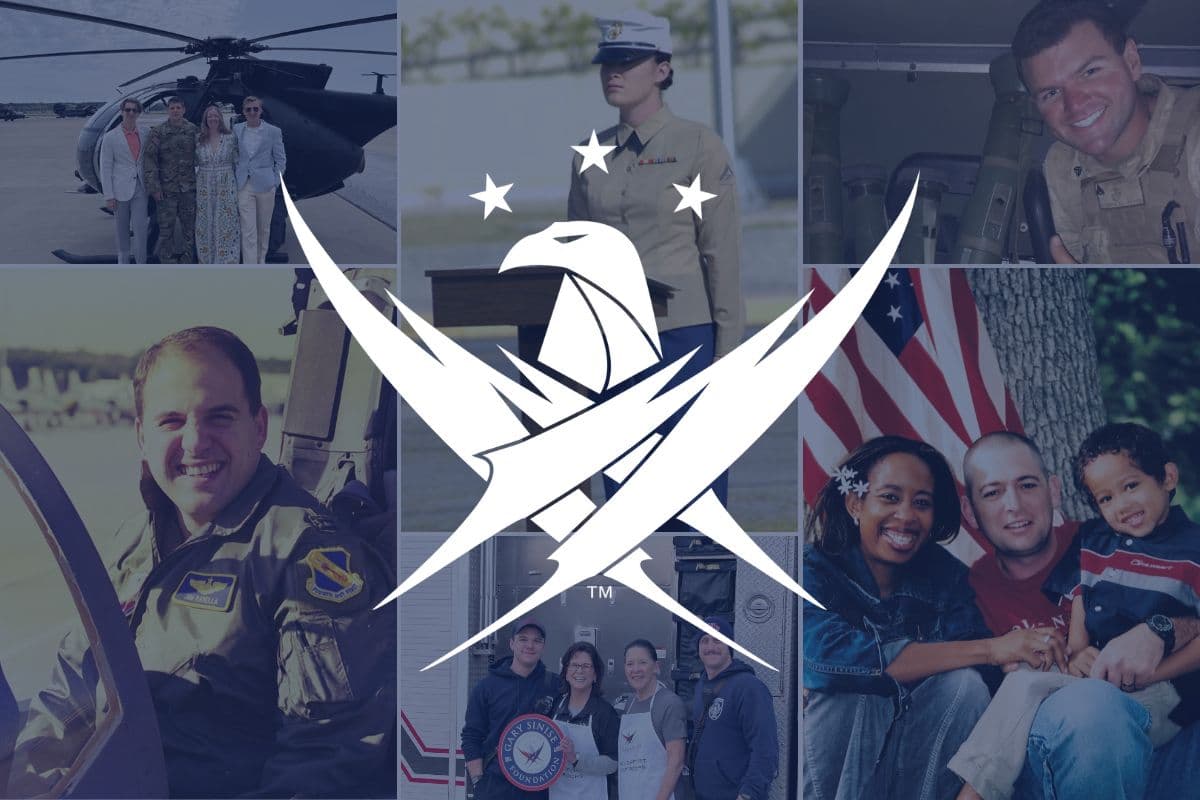Leadership and Vision from General (Ret.) Robin Rand, CEO of the Gary Sinise Foundation
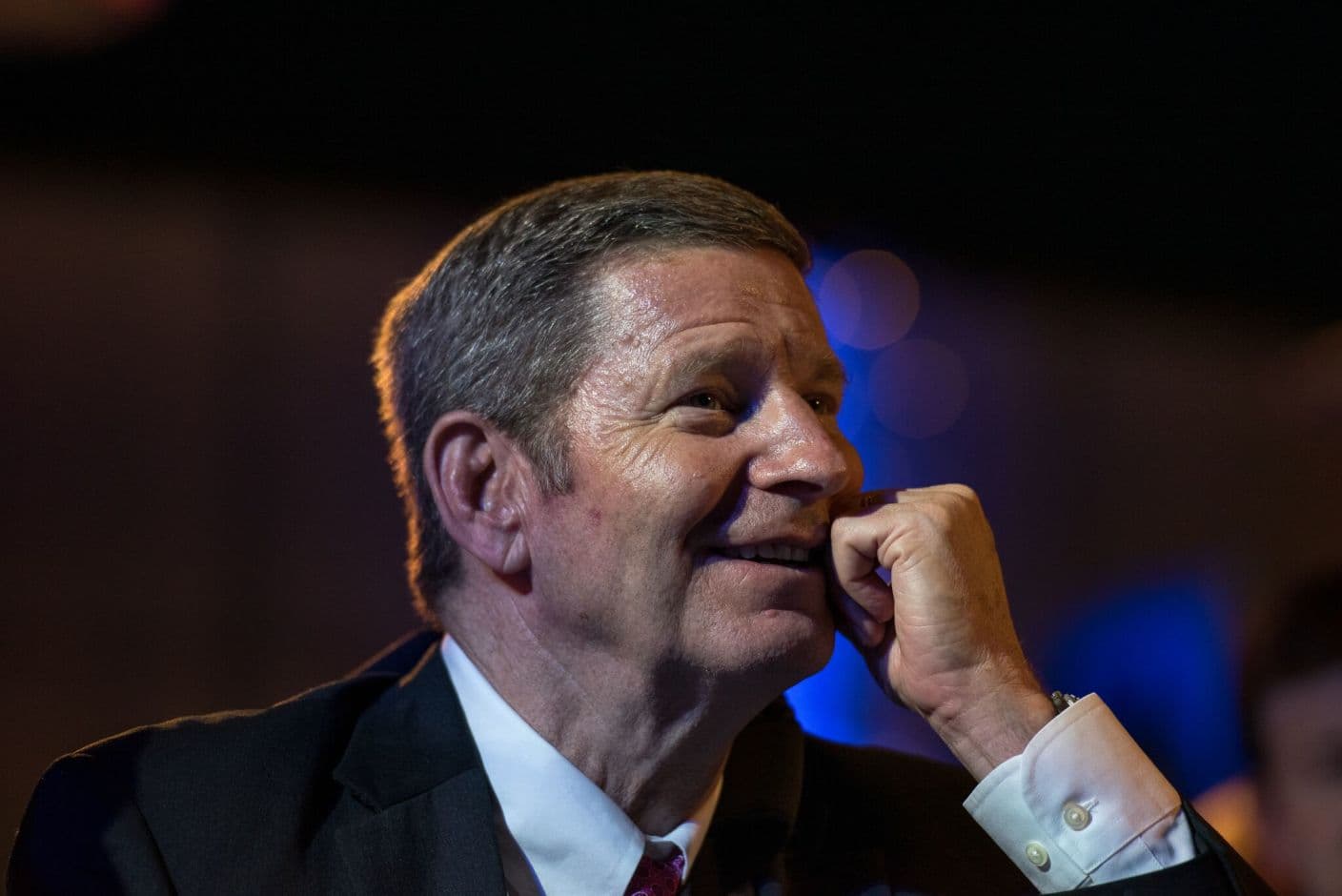
If you’re interested in supporting an organization that supports the men and women who defend us, who allows us to enjoy the holidays we celebrate, if you’re interested in supporting that in any
way shape or form, then the Gary Sinise Foundation (GSF) is a phenomenal venue. The GSF is very noble, and we’re dedicated to helping support and honor our nation’s defenders, their families, and those in need. We’re led by a great man, Mr. Gary Sinise, and are surrounded by passionate teammates who have dedicated their professional lives to making a difference….one defender and one family at a time! — Robin Rand, USAF General (Ret.) and CEO of the Gary Sinise Foundation
General (Ret.) Robin Rand spent decades serving his country as an officer in the United
States Air Force. He’s an Air Force Academy graduate and command-rated pilot who has logged more than 5,100 flight hours, mostly in the F-16, and has expansive assignments that are geographically diverse and include multiple deployments to various overseas locations.
After retiring from military service in 2018, Rand found a new calling at the Gary Sinise Foundation where he has been able to seamlessly incorporate his years of service and sacrifice, and senior leadership experience as the foundation’s Chief Executive Officer.
As the foundation continues to grow its programmatic offerings and support functions and events -- serving an even larger population of our nation’s heroes and their families -- the landscape is ripe for impactful results and many lives to be touched. Yet challenges remain for those the foundation serves and honors; challenges necessitating a concerted effort and unshakeable leadership from the top down.
The following interview with General (Ret.) Rand has been edited for clarity and brevity.
How has military service shaped your life?
When you spend over 40 years in the military it becomes all-consuming. What I learned in my career is that typically the reasons you come in and the reasons you stay change with time. When you stay in you have a transformation. I think the way it’s shaped my life is the sense of mission—it’s an honorable mission—and the amazing men and women I served with...by and large, those who serve in the
military are ordinary people who do EXTRA-ordinary things day after day! They inspire me!
Helping them and their families shaped me. It was very fulfilling, noble, and I believed in it. Bottom line, it gave me a sense of purpose to come to work every day.
How has your military experience influenced your leadership style?
Leadership is a taught skill. Very few people are [born] natural leaders. Most of us have to work at being a good leader. The military affords you that opportunity because you’re routinely placed in positions that require you to lead men and women and be responsible for their well-being and lives. In the military, being a leader is not a choice you have. The only choice you have is whether you are going to dedicate yourself to becoming a good leader.
Some of the leadership development happens through hard knocks. Some of your leadership skills are learned through the transfer of knowledge: you watch, you observe, you listen, you study, you have role models, you emulate people, and you have a chance to refine and develop that.
What are the traits of a good leader?
Gosh, the list is exhaustive, but if I have to crystallize a handful I would use these. First, know the mission. The leader has to be the one who understands the mission of the organization as well as anyone because you’re going to set the pace. You have to make sure that the people around you understand the mission.
The human element in all of us wants to be part of something bigger than ourselves. We all individually want to know that what we do makes a difference. Good leaders will bring that out. They’re going to do everything they can to ensure every person in the organization understands their role and contributions.
Second, good leaders need to maintain the standards of the organization by being a good role model and example; and then be willing to enforce these standards and hold others accountable.
Third, I think a good leader needs to be humble and approachable. I describe humility as, when things are going well, a good leader will deflect credit to others; and when things aren’t going so well a humble leader will accept responsibility and be held accountable…. i.e., don’t pass the buck. To me, humility is an important trait of a good leader.
Fourth, leaders need to communicate effectively. The biggest part of communicating is listening and that’s where a lot of us fall short. You want your people to be able to talk to you and share with you what they think. This gives them an opportunity to be part of the success of the organization. It also encourages innovation, inclusion, and a sense of belonging—feeling like they are an integral part of the mission of the organization. By the way, it is a trait I need to continue to work at.
Five, treat people fairly with dignity and respect. Praise when earned, hold accountable when appropriate, but always treat people kindly and with respect.
Has there been a central philosophy or principle that has been instrumental in your decision-making ability?
What I try and do is take those traits (of a leader), let your people approach you and listen to their input. Come in with a shrewd eye and look at how things are being done; don’t be quick to change but understand the organization you’re inheriting.
When it comes to decision making, take counsel from others and understand clearly why an organization is operating the way it is. If you’re going to make changes you first need to clearly understand why things are being done the way they currently are. I like to ask “why” about three or four times; then have your team analyze what could be unanticipated and negative second and third-order effects of implementing any new process, policy, or change.
Be analytical, be methodical; but once you determine change is appropriate, be decisive and empower your subordinates to carry the change out.
Your career began as an Air Force Academy cadet to eventually attaining the rank of a Four-Star General. What do you attribute the rise in rank and leadership to?
Wow, that is a tough question. The short answer—I have been blessed to be mentored by incredible leaders, and surrounded by amazing teammates and wingmen who literally carried me on their shoulders. I attained four stars more than I ever expected, and probably more than I deserved, and other than my wife, was the most surprised person in the Air Force when I was selected for general
officer. I’m being serious when I say this. Irrespective of how I made General when asked what it takes to be successful, I offer three basic fundamentals as keys to success.
First, you have to work hard at being good at your job. Whatever your job is, work hard at it and strive for excellence. Competence matters.
Second, as I already said, treat people with dignity and respect.
Third, have balance in your life—physical, emotional, and spiritual. There is life after any career. Don’t squander it away because you didn’t have your priorities straight.
I feel immensely fortunate to have attained General Officer rank, but I am very mindful that others were equally deserving. When I was given the opportunity, I believed in the mission, the people I served with, and their families. I just tried to lead them the best way I could.
What sacrifices did you and your family make while you were in uniform?
When I was on active duty I would say, “Airmen serve, but our families sacrifice.” Instead of focusing on me and my family, let me say this, in general, military service is not for the feint or weak hearted. It’s a very tough profession that often requires its members to deal in life or death
matters. The cost of failure is really high, and the cost of winning our Nation’s wars and preserving our Nation’s freedom can result in the ultimate sacrifice one can make.
For the family, I contend it is equally hard. Long periods of separation, children having to move during the school year and starting over again; lots of missed birthdays, anniversaries, and holidays; stress and anxiety associated with worrying about your spouse or parent who’s deployed in “harm’s way.” The list is a long one, and military families have my utmost love, respect and affection. It’s not an exaggeration for me to say, our military families are real heroes. Their sacrifices are significant and painful.
You joined the Gary Sinise Foundation in October 2018. What were your reasons?
Short answer is my wife Kim and I have known our founder, Mr. Gary Sinise, for quite a while and we both have a great amount of love and respect for him. We fervently believe in the GSF mission, have tremendous respect for the people associated with this mission, and appreciate the impeccable reputation that our founder has established! When Gary asked the Rands to consider joining this remarkable team, we felt called to serve again.
Long answer, while Gary immediately began visiting combat zones and overseas locations shortly after 9/11 happened, in early 2004, he and his band “Gary Sinise and the Lt Dan Band” were on their first USO overseas sponsored tour to the Pacific region. At the time, I was the commander of the 8th Fighter Wing at Kunsan AB, Republic of Korea. In February 2004, Gary and band shows up at Kunsan mid-morning during a weekday. Later that evening the band performed for us. Everyone serving at Kunsan does so without their families, so Gary and the band had a very captive audience. Like Gary Sinise and the Lt Dan Band have done countless times over the last 15 years, we were all grateful for their reminder that what we were doing was important. Plus, the band can really rock it!
This first introduction to Gary in a remote location in Korea, turned into a 14-15-year relationship where Gary kept coming to locations I was assigned to. Largely due to the type of person and friend that Gary is, we stayed in touch through the years. When I was getting ready to retire, he asked me if I would consider joining the GSF in some capacity. For the reasons I already stated, in October 2018 I came on board as the CEO.
What resonates with you about the mission of the Gary Sinise Foundation?
As I mentioned above, three things about the foundation immediately resonated with me. First, GSF has a noble mission. We serve our nation by honoring our defenders, veterans, first responders, their families, and those in need.
We do this by creating and supporting unique programs designed to entertain, educate, inspire, strengthen, and build communities. So the mission resonates and it was a natural extension of what I’ve spent the last 40 years doing.
Second, we’re associated with some really phenomenal people. I appreciate the opportunity to serve with people who are passionate and caring and want to make a difference. Our GSF teammates, board of directors, ambassadors, key sponsors, and amazing donors across the world really motivate me. Lastly, honoring and serving with our defenders and their families is an indescribable inspiration to me and my wife Kim!
Third, Gary’s reputation is impeccable, and over the course of his life’s work these past 40+ years, he has built a foundation that can be trusted by those who support us. That matters to me.
What is your vision for the Foundation?
My vision is the same as our Chairman’s vision that he has articulated for the foundation—to be enduring, reliable and worthy of the American public’s trust, and to provide support and services to as many defenders and their families as we can who need our help.
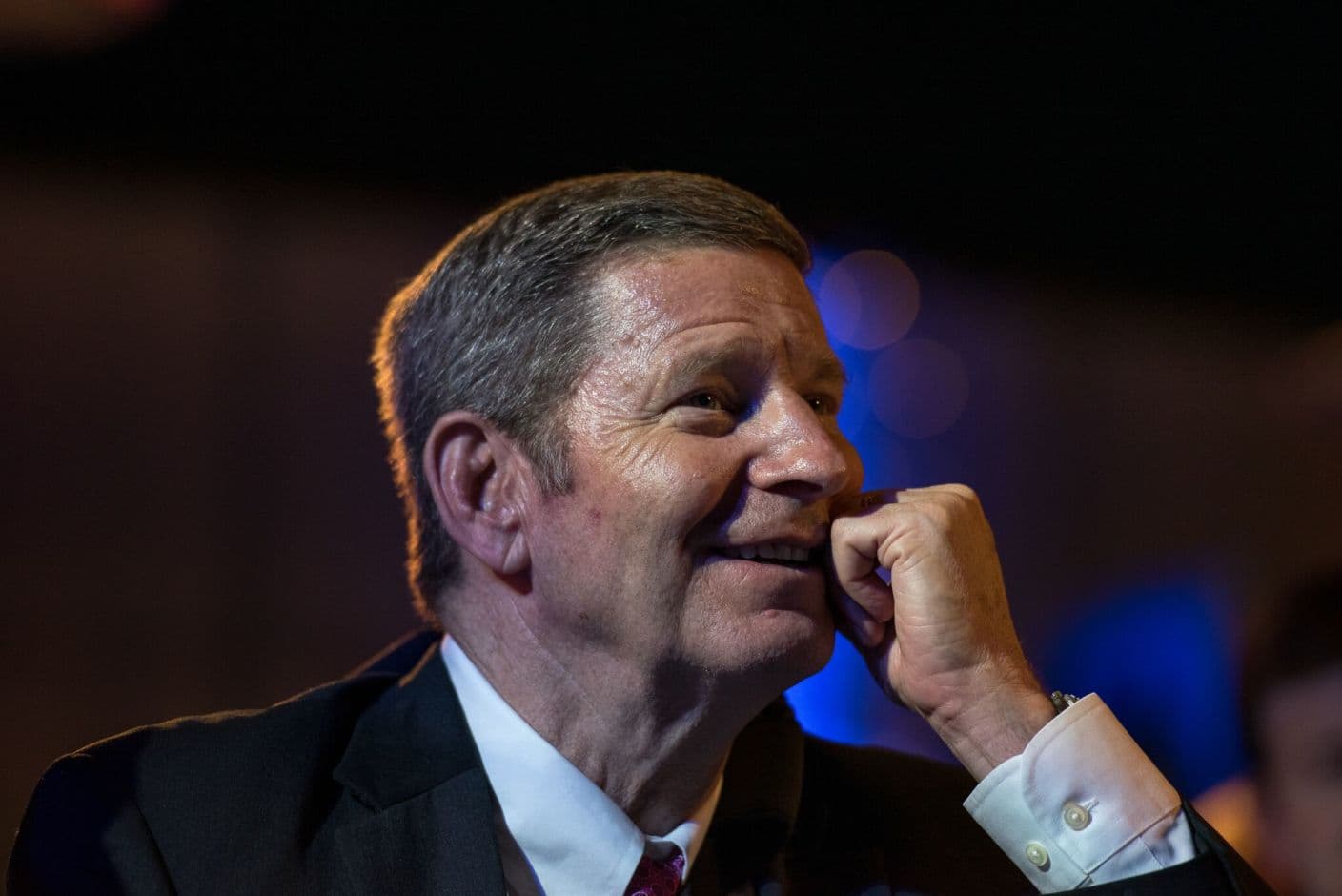
How will you carry out that vision?
Oh gosh, again, the answer is too long for this blog, but in a nutshell, we need everyone involved in the Gary Sinise Foundation to be on the same page with a solid, living, breathing strategic plan. We’ll carry out this plan in a variety of ways by being properly resourced, manned, and supervised. While doing this, it’s paramount that the foundation be a good steward of the American public’s trust and support. Finally, we always have to be looking to be innovative, adaptable and relevant.

